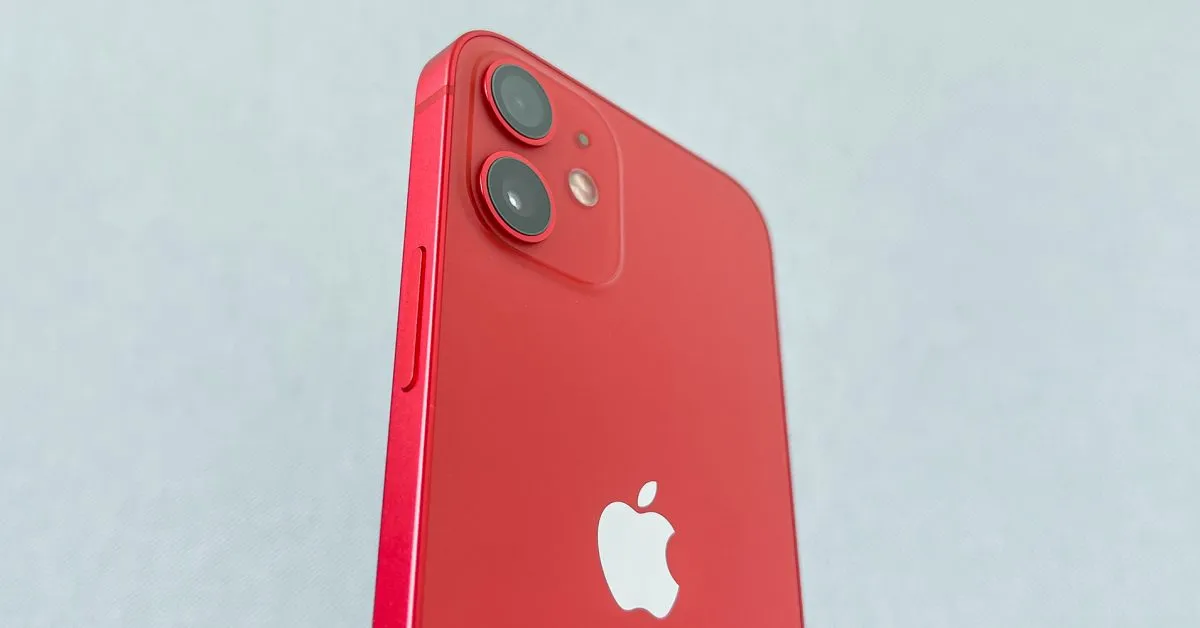
In a move that has become somewhat familiar, Apple is preparing to roll out a new software update for the iPhone 12, a model that was first introduced in 2020. This update aims to address a long-standing health concern that has only been raised in one specific market—France. Notably, this update will now be extended to all iPhone 12 models across EU countries, rather than being limited to France alone.
The issue in question began when French authorities determined that the iPhone 12 no longer met their radiation exposure testing limits. This finding coincided with the day Apple announced the discontinuation of the iPhone 12 and unveiled its successor, the iPhone 15. Despite this concern, Apple has consistently downplayed the matter, insisting that the iPhone 12 remains safe for users.
Following the initial report from French regulators, Apple indicated its willingness to collaborate with authorities to resolve the issue. The tech giant submitted a software update for evaluation, which was subsequently approved by French regulators. This approval led to the lifting of a potential recall threat for all iPhone 12 units sold in France.
In previous efforts to tackle this radiation exposure concern, Apple utilized iOS 17.1 to address what many consider a non-issue stemming from a non-standard testing method. Apple has always maintained that the iPhone 12 complies with radiation emission standards, reinforcing its stance that the device is safe to use.
Although the iPhone 12 has been discontinued, it still receives regular iOS updates and remains in active use by many customers. Now, five years after the iPhone 12's initial release in the EU, Apple is preparing to roll out yet another software update to address this ongoing concern.
As Apple continues to address regulatory pressures and user concerns, the upcoming software update for the iPhone 12 serves as a reminder of the complexities involved in technology regulation and consumer safety. With this new update, Apple aims to reaffirm its commitment to user safety while ensuring that older devices remain compliant with evolving health standards.